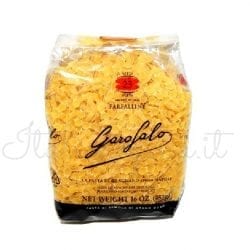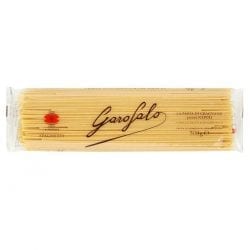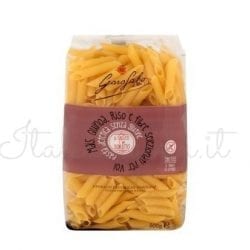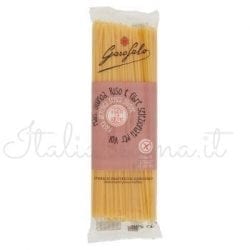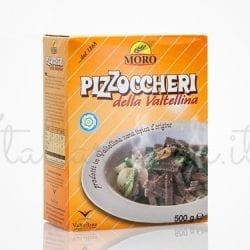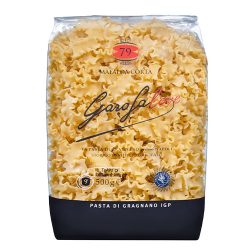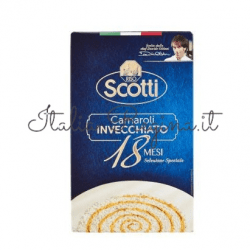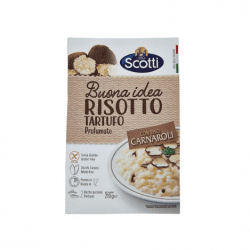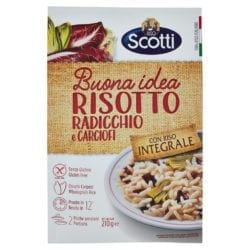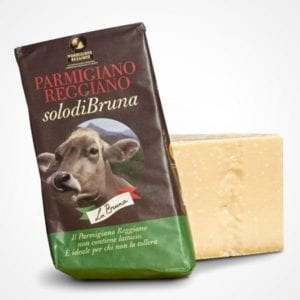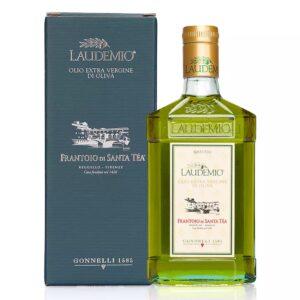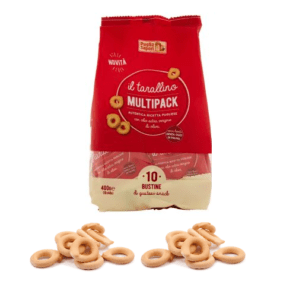 Bucatini is a type of pasta which shape was conceived for a practical reason, which over the centuries has become one of the most famous protagonists of Italian cuisine. The history of bucatini is rather nebulous and although many know and appreciate this pasta, especially in its variant all’amatriciana, its origins are lost over the centuries. Its history is fascinating and its origins are closely linked to the Sicilian territory.
Bucatini is a type of pasta which shape was conceived for a practical reason, which over the centuries has become one of the most famous protagonists of Italian cuisine. The history of bucatini is rather nebulous and although many know and appreciate this pasta, especially in its variant all’amatriciana, its origins are lost over the centuries. Its history is fascinating and its origins are closely linked to the Sicilian territory.
Origns

Amatriciana Bucatini
Pasta all’amatriciana (or matriciana) is a typical dish of Roman trattorias and taverns but originally from the town of Amatrice, in the province of Rieti. The basic ingredients are basically three: pecorino, bacon and tomato sauce. It seems certain that the addition of this last element dates back to the end of the 1600s, but there are many variations of the dish because a real recipe is difficult to trace.
In fact, we are talking about a dish of peasant origin handed down mostly orally from father to son and, although several historical documents have come down to us, they are all very discordant. What is certain is that all the various additions provided by the many recipe books do not distort the dish at all, on the contrary they enrich its flavor based on personal taste, as did the shepherds of the time.
Taste Italian Pasta: Buy Now!
-

Italian Pasta Farfalline – Garofalo
€1.50 -

Italian Pasta Spaghetti – Garofalo
€2.40 -

Italian Pasta Gluten Penne – Garofalo
€0.00 -

Italian Pasta Gluten Free Linguine – Garofalo
€3.00 -

Italian Pasta Gnocchi – Agnesi
€2.00 -

Italian Pizzoccheri Pasta
€2.54 -

Italian Pasta (Ricciutelle) – Agnesi
€2.00 -

Italian Rice Carnaroli 18 months aged
€11.00 -

Italian Risotto Dry Truffle
€3.50 -

Italian Risotto Dry Milanese with Saffron
€3.40 -

Italian Rice Pumpkin, Asparagus and Quinoa
€3.50 -

Italian Risotto Radicchio and Artichokes
€3.40

